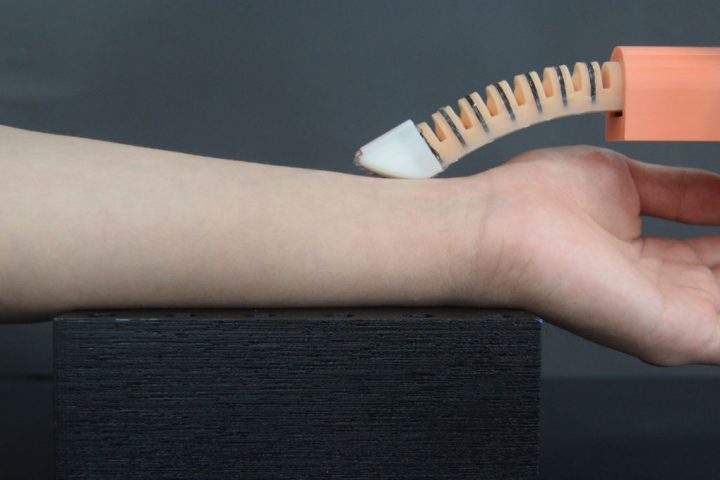Prepare to be amazed by the discovery of a perfume that has been perfectly preserved for over two thousand years! This incredible find was made inside a carved quartz bottle, which was unearthed in a mausoleum in Seville, Spain. The excavation took place in 2019 in modern-day Carmona, and the mystery ointment has finally been chemically analyzed. What makes this perfume even more fascinating is the inclusion of patchouli, an essential oil commonly used in modern perfumery but never before known to be used in ancient Rome.
Alongside the essence of patchouli, obtained from the Indian plant Pogostemon cablin, the researchers also discovered a base of vegetable oil, possibly olive oil. However, they cannot be certain about this particular ingredient.
The perfume was found inside a rock crystal (quartz) vial shaped like an amphora, which would have been extremely rare and expensive during the first century CE. Perfume containers of that time were typically made of blown glass, making this discovery even more exceptional.

“In Roman times, quartz vessels were very rare luxury objects, several of which have been found near Carmona,” the team writes in a paper on their findings. “The [jar] was thus a rather unusual finding for an archaeological site, and even more unusual is that it was tightly sealed and contained a solid mass.”
The exceptional preservation of the perfume is due to the fact that the flask was perfectly sealed with dolomite, a type of carbonate mineral, and a bitumen seal.
Inside the same tomb, alongside the unique vessel, three amber beads were discovered in a cloth bag. These precious artifacts were found within a glass urn containing the cremated remains of a 30-to-40-year-old woman. The researchers believe that the tomb belonged to an affluent family, as five other urns were buried alongside it.

To unravel the composition of this ancient fragrance, the researchers used advanced techniques such as X-ray diffraction and gas chromatography coupled with mass spectrometry. Through these methods, they were able to identify the presence of patchouli, marking the first time a perfume from Roman times has been identified.
“Although archaeological excavations have recovered a large number of vessels used to hold perfumes or ointments in ancient Rome, little is known about the chemical composition or origin of the substances they contained,” the researchers explain, highlighting the significance of their discovery.
It seems that the Romans had a deep appreciation for perfumes, using them not only in daily life but also for special occasions like funerals, where incense was mandatory. Perfumes were even applied as ointments or used for embalming the deceased.
And it’s not just the Romans who were fascinated by scents. We recently learned that Cleopatra herself had a fondness for a spicy bouquet. Who knows, maybe Julius Caesar and Mark Antony also indulged in patchouli to ensure they were always smelling their best.
The study detailing this remarkable find has been published in the journal Heritage.








